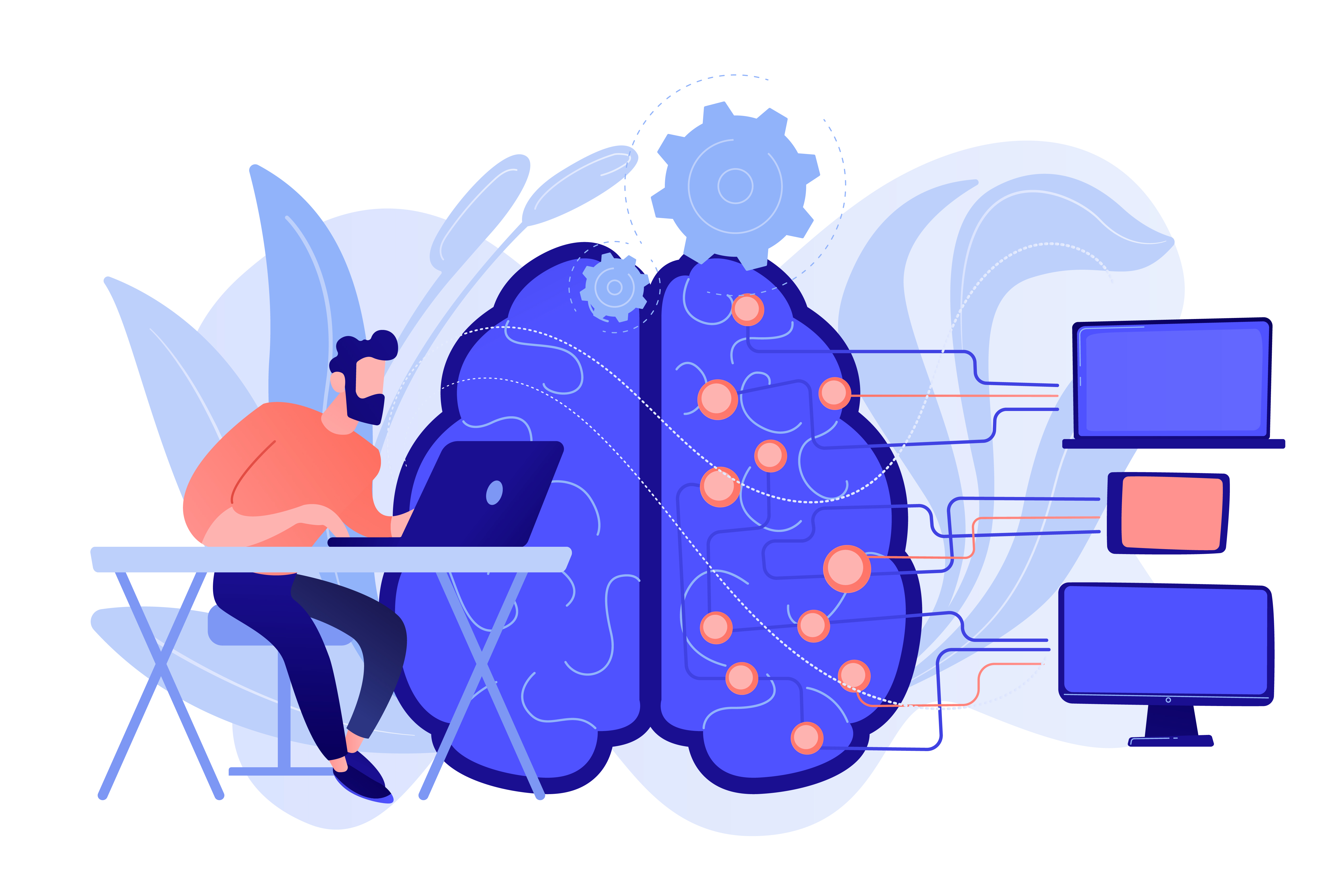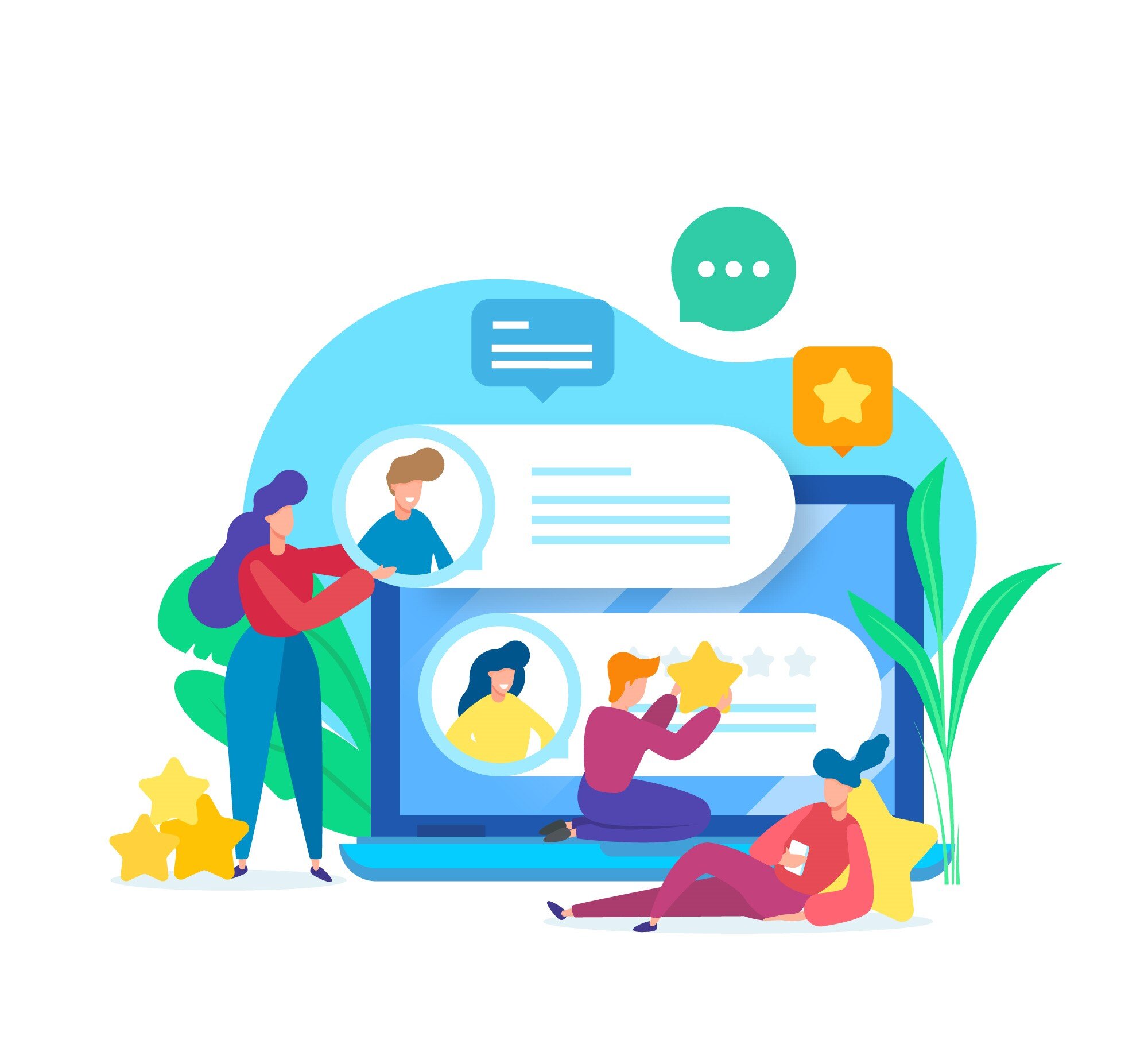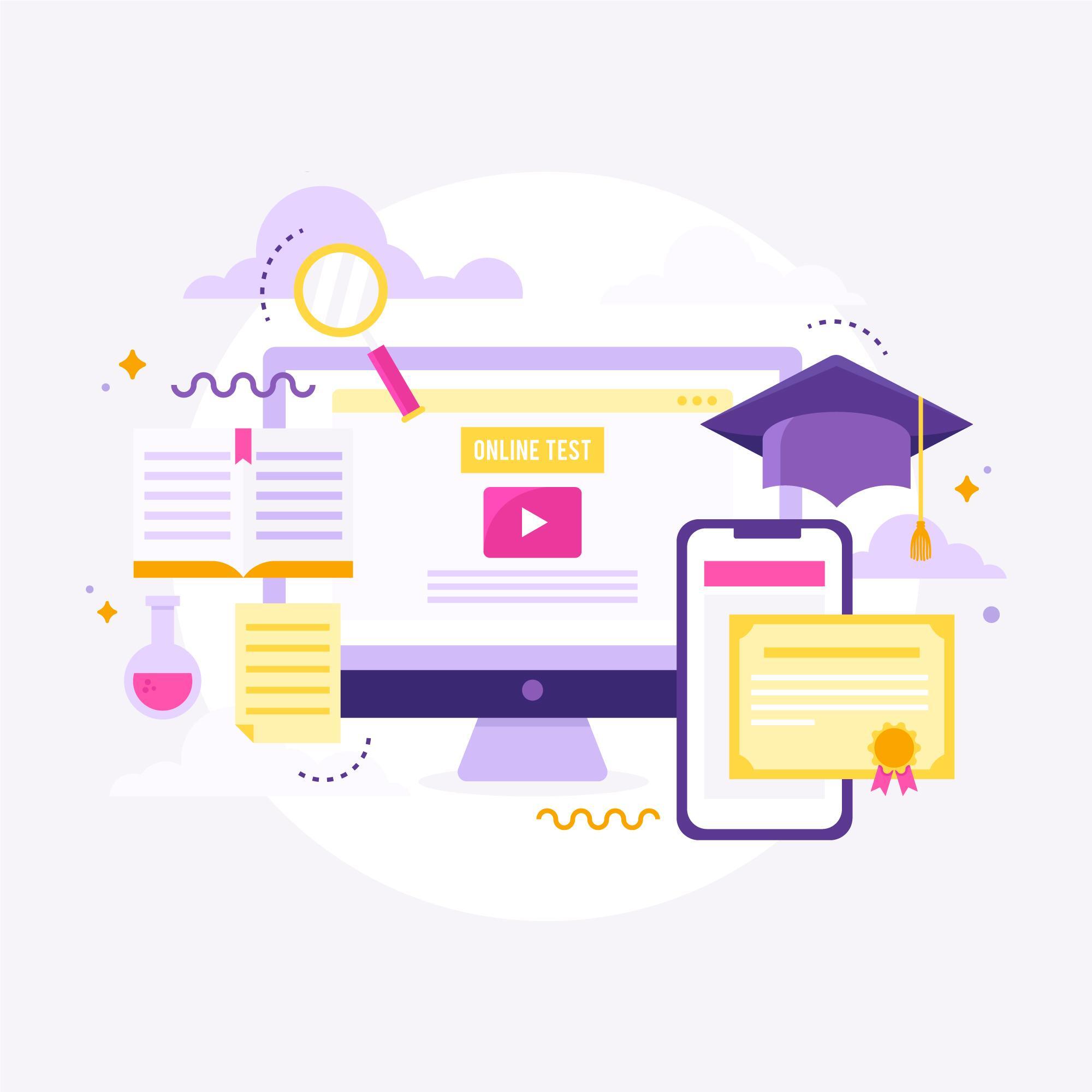AI-Powered Learning: How AI Enhances Microlearning 2026
By 2026, Gartner predicts that AI will personalize 80% of corporate learning content, transforming workplace training from one-size-fits-all to intelligent, adaptive experiences. This shift couldn't come at a better time. Research from the Brandon Hall Group shows 40% of companies now use microlearning more than before the pandemic, driven by a critical need for training that fits seamlessly into workflows without disrupting productivity.
The numbers tell a compelling story about microlearning trends. Studies show microlearning can boost knowledge retention by up to 50% compared to traditional methods, while employee engagement increases by 85%. When you combine these powerful microlearning benefits with AI's ability to personalize and optimize content delivery, you create a learning solution that's reshaping employee development across industries. Platforms like 5Mins.ai are leading this transformation, combining AI-powered personalization with extensive microlearning content libraries to deliver training that actually works.
What Is AI-Powered Microlearning?
AI-powered microlearning combines bite-sized learning content with artificial intelligence to create adaptive, personalized training experiences. At its core, microlearning delivers focused lessons in 3–7 minute bursts designed for maximum retention. AI adds intelligence by analyzing learner behavior, personalizing content delivery, and optimizing learning paths in real time.
This technology transforms how employees learn by tracking interaction patterns, adjusting content difficulty, and scheduling reinforcement at optimal intervals. For L&D teams managing HR talent management initiatives, AI removes guesswork from training design while enabling scalability without sacrificing quality.
The effectiveness stems from microlearning's foundation in cognitive science: chunking, repetition, and recall. AI amplifies these principles by determining perfect timing for repetition, identifying knowledge gaps, and creating personalized exercises based on individual performance. Traditional training requires substantial resources for personalization, while AI automates these tasks for hundreds or thousands of employees simultaneously. Platforms like 5Mins bring this automation to life, turning large-scale personalization into a practical, data-driven reality. To see how 5Mins.ai can transform your organization’s learning experience, book a free demo today
Why Are Microlearning Trends Accelerating in 2026?
Multiple factors drive microlearning adoption acceleration. Search interest for "microlearning" has surged since 2016, and the numbers reveal why. Microlearning boosts knowledge retention by 50%, increases employee engagement by 80%, and 78% of employees prefer training on specific job skills over comprehensive programs.
These statistics address real business challenges. Modern employees have less time for formal training, remote work complicates traditional sessions, skills gaps widen across industries, and technological change makes content outdated faster. AI integration solves previous microlearning limitations around content curation, personalization at scale, and measuring learning impact.
The shift to agile talent management accelerates adoption as organizations need nimble training solutions. Microlearning enhanced by AI delivers rapid deployment of targeted training addressing immediate skill gaps, with organizations reporting 60–80% time savings compared to long-form training. With 5Mins.ai, companies experience these time savings firsthand by deploying AI-curated learning at scale, ensuring both speed and relevance.
How Does AI Transform Microlearning Content Creation?
Content creation traditionally consumed most L&D resources. AI changes this dramatically, enabling teams to produce quality microlearning content at unprecedented speed. The transformation starts with AI analyzing existing materials and automatically converting them into microlearning modules. Upload a policy document or presentation, and AI breaks it into focused segments with reinforcement questions and practical applications. Days of instructional design work now happen in minutes.
AI goes beyond reformatting to create entirely new learning materials by analyzing best practices and company information. Research from LD Trends 2024 shows AI reduces design time by 94%, cuts design time per learning hour by 92%, and increases quality by 96%. These improvements fundamentally shift what's possible for L&D teams managing employee training programs.
AI enables dynamic content updates, automatically identifying outdated materials and implementing revisions as business processes change. The technology also excels at content curation, analyzing vast libraries of internal and external resources to recommend the most relevant materials for specific objectives. AI-powered authoring tools support multimedia creation, democratizing content development so subject matter experts without design backgrounds can create engaging experiences.
Can AI Personalize Learning Paths for Every Employee?
AI makes personalization at scale a reality. The process begins with comprehensive skills assessment, analyzing job performance, career aspirations, training history, assessment results, and content interaction patterns. This creates detailed skills profiles identifying strengths, gaps, and development opportunities for each learner.
Based on this analysis, AI recommends personalized learning paths addressing individual needs. A sales representative struggling with objections receives negotiation techniques, while a manager with strong technical skills but weak people management gets content on emotional intelligence and performance management. The system considers not just what employees need but when and how they learn best.
Adaptive algorithms continuously adjust paths based on performance. Quick mastery moves learners forward; struggles trigger additional resources in different formats or smaller chunks. AI also personalizes the experience itself, tracking preferences for video, reading, or interactive exercises and delivering content in resonating formats. This customization was previously impossible at organizational scale, giving L&D professionals unprecedented visibility into workforce capabilities.
How Does AI Enhance Knowledge Retention and Engagement?
Knowledge retention remains a critical challenge. The forgetting curve shows people forget 75% of new information within days without reinforcement. AI-powered microlearning addresses this through intelligent spacing and timing of learning interventions.
Spaced repetition algorithms analyze individual forgetting curves, determining optimal review intervals for each employee. Someone who quickly grasped a concept sees reinforcement weeks later, while strugglers receive frequent reminders. This personalized spacing maximizes retention while minimizing unnecessary review time.
AI implements intelligent reminders based on behavior patterns and schedules, delivering 3-minute modules during natural breaks rather than peak productivity hours. Real-time engagement analytics track how employees interact with content, revealing actual comprehension levels and identifying areas needing improvement. The technology enables predictive analytics, identifying employees at risk of falling behind and proactively recommending interventions.
AI-enhanced microlearning supports knowledge retention through context-aware delivery, triggering content at the point of need. This just-in-time support reinforces retention far more effectively than training delivered weeks before it's needed. 5Mins.ai uses these AI-driven retention techniques to ensure employees not only complete training but actually retain and apply what they learn, turning knowledge into measurable performance improvements.
AI-enhanced microlearning supports knowledge retention through context-aware delivery, triggering content at the point of need. This just-in-time support reinforces retention far more effectively than training delivered weeks before it's needed.
|
Aspect |
Traditional Learning |
AI-Powered Microlearning |
|
Content Delivery |
Long-form courses (hours/days) |
Short, focused modules (3-7 minutes) |
|
Personalization |
One-size-fits-all or role-based |
Individually tailored to each learner |
|
Content Creation |
Manual, time-intensive process |
AI-assisted, rapid development |
|
Assessment |
Periodic tests, often at course end |
Continuous, embedded in content |
|
Engagement Tracking |
Basic completion metrics |
Detailed behavioral analytics |
|
ROI Measurement |
Difficult to quantify |
Clear metrics on retention and application |
|
Scalability |
Limited by resources |
Virtually unlimited with AI |
Traditional Learning vs. AI-Powered Microlearning: What's the Difference?
This comparison illustrates why organizations are rapidly shifting toward AI-powered microlearning. The traditional model simply cannot compete with the efficiency, effectiveness, and scalability that AI brings to the learning experience. For HR professionals managing employee development initiatives, the choice becomes increasingly clear.
Where Is AI-Powered Microlearning Making the Biggest Impact?
AI-powered microlearning transforms learning across business functions, with several areas seeing dramatic results. Employee onboarding and upskilling show remarkable success, breaking overwhelming information into manageable, sequential modules delivered over time. Organizations report reducing time to full productivity by 30-50% through intelligent onboarding.
Compliance training has been revolutionized. Rather than annual, hours-long sessions employees forget quickly, AI delivers targeted microlearning at regular intervals, customizing content by role and automatically updating modules when regulations change. This improves retention, provides better audit trails, and reduces compliance risk.
Performance support and just-in-time learning excel when employees access AI-powered content at critical moments. A sales representative preparing for difficult negotiations quickly reviews techniques. A manager about to conduct a performance review accesses feedback best practices. This contextual learning proves far more effective than training delivered weeks earlier.
Leadership development, skills-based learning, technical training, and customer service all benefit enormously. AI analyzes actual interactions to generate relevant microlearning, identifies internal mobility opportunities, creates role-specific software training, and ensures frontline employees always have current information without lengthy training sessions.
What Does the Future Hold for AI and Microlearning?
The convergence of AI and microlearning continues evolving, with significant developments ahead. Immersive learning through VR and AR powered by AI will deliver realistic simulations in brief, targeted sessions. Natural language processing will enable conversational learning interfaces where employees interact with AI tutors using natural conversation, receiving personalized explanations in real time.
Predictive skills analytics will analyze market trends and business strategy to forecast critical skills needed in coming months. Organizations will proactively develop capabilities before gaps emerge, gaining competitive advantages. Social learning will be enhanced through AI curation, connecting employees with complementary skills and recommending relevant content from colleagues and experts.
The decentralization of L&D accelerates as AI empowers managers and employees to create microlearning content using assisted authoring tools. Multi-modal learning will seamlessly integrate video, audio, text, and interactive exercises, with AI determining the most effective format for each objective. Integration with workflow tools like Salesforce, Teams, and Slack will deepen, embedding microlearning directly into platforms employees use daily.
These emerging microlearning trends point toward seamless, intelligent learning experiences that blend naturally into work, continuously developing employee capabilities without disrupting productivity.
Book a free demo with 5Mins.ai and see how AI can personalize microlearning for every employee in weeks, not months.
Frequently Asked Questions
What is the main difference between traditional microlearning and AI-powered microlearning?
AI-powered microlearning adds personalization, adaptive learning paths, and intelligent content delivery to traditional microlearning. While standard microlearning provides short, focused content to all learners, AI customizes the experience for each individual based on their skills, learning patterns, and performance. 5Mins.ai automates this personalization process, ensuring relevant, efficient, and engaging training experiences.
How much time can AI-powered microlearning save for L&D teams?
Research shows AI can reduce content design time by up to 94% and reduce design time per learning hour by 92%. Organizations implementing microlearning report saving 60–80% of time compared to traditional long-form training methods. With 5Mins, L&D teams can scale faster while maintaining quality.
Does AI-powered microlearning work for all types of training?
Yes, AI-powered microlearning is highly effective for knowledge-based training, compliance, onboarding, skills development, and performance support. Platforms like 5Mins.ai combine AI personalization with interactive micro-lessons suited for technical, soft-skill, and professional development needs.
How does AI determine what content each employee needs?
AI analyzes multiple data sources including job role requirements, past training completion, assessment scores, performance reviews, and learning behavior patterns. It identifies skill gaps by comparing individual capabilities against role requirements. 5Mins uses these insights to recommend personalized learning paths automatically.
Can small organizations benefit from AI-powered microlearning?
Yes, AI-powered microlearning is increasingly accessible to organizations of all sizes. 5Mins.ai offers scalable pricing models requiring minimal technical setup, allowing even small teams to automate and personalize training efficiently.
How do you measure the ROI of AI-powered microlearning?
ROI measurement includes metrics such as reduced training time, improved retention rates, faster onboarding, and higher engagement. AI analytics from 5Mins.ai provide clear visibility into completion rates, time-to-productivity, and performance outcomes.
What are the privacy concerns with AI analyzing employee learning data?
Responsible AI-powered learning platforms like 5Mins.ai prioritize privacy. Employee data is anonymized, secured with enterprise-grade encryption, and used solely to enhance learning outcomes in compliance with GDPR.
How quickly can organizations implement AI-powered microlearning?
Implementation timelines vary, but 5Mins.ai enables deployment in weeks rather than months through automated content transformation and plug-and-play integrations with existing LMS tools.
.png)



